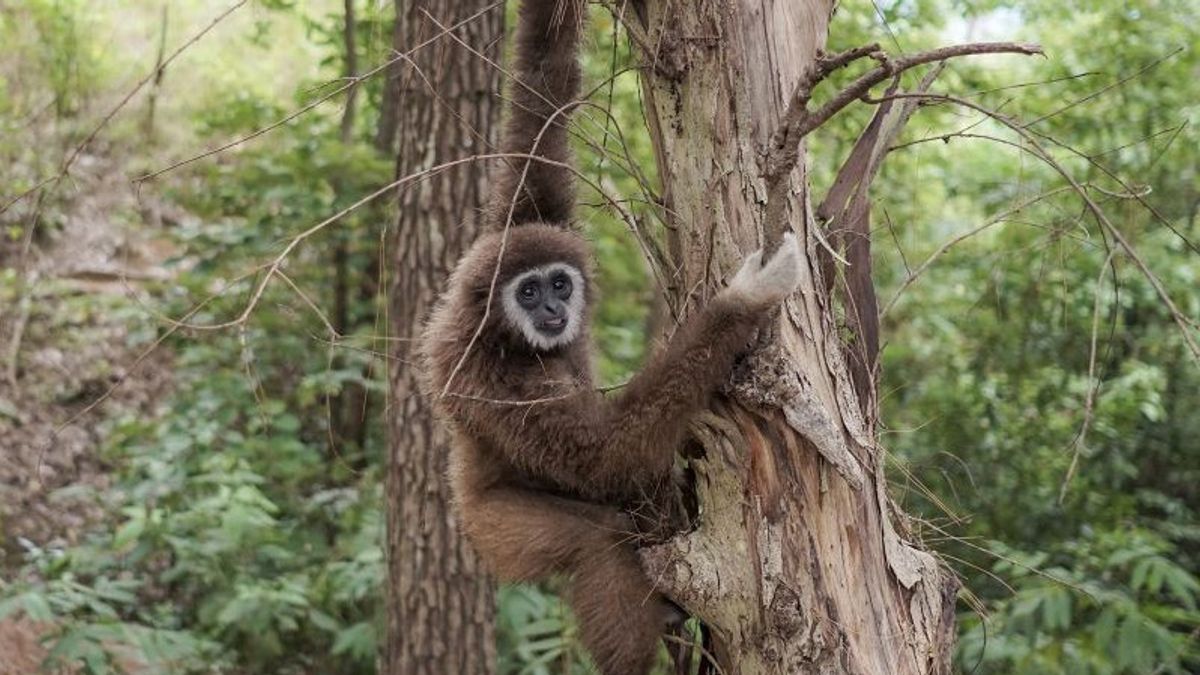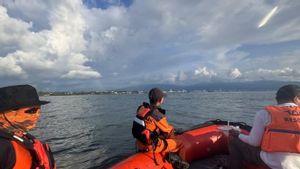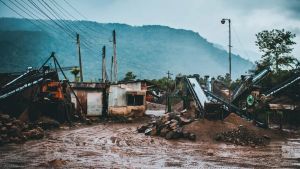JAKARTA - Lecturer at the Bogor Agricultural Institute Mirza D Kusrini said a study at IPB showed that around 30 primate species in Indonesia may be extinct by 2050 due to the impact of climate change. This is really not good," Mirza said in the opening virtual discussion of WECMIC 2021 entitled The Urgency of Wildlife Conservation in the Global Climate Change Discussion in Jakarta, reported by Antara, Monday, November 1. , the population or distribution of primates on several islands in Indonesia will decrease, especially in Java and Sulawesi. The research was carried out by Aryo Adhi Condro, Lilik Budi Prasetyo, Siti Badriyah Rushayati, I Putu Santikayasa and Entang Iskandar with the title "Predicting Hotspots and Prioritizing Protected Areas for Endangered Primate Species in Indonesia under Changing Clim ate". Mirza explained that the study developed a species distribution model with scenarios involving aspects of climate change. In the research journal accessed by ANTARA, it was stated that 75 percent of species from the Tarsidae family group will become extinct in 2050. The gibbon family group (Hylobatidae) will become extinct around 50 percent. percent. The Sumatran orangutan (Pongo abelii) and the Javan slow loris (Nycticebus javanicus) are estimated to be extinct in 2050.
In the study, it was stated that Indonesian primates have experienced many threats due to climate change and changes in landscapes that have led to extinction. Therefore, the research recommends primate conservation planning and strategies to be important in maintaining primate populations in the country. Mirza, who is the Regional Deputy Chair for South and East Asia The International Union for Conservation of Nature (IUCN) Species Survival Commission says climate change is not only impacting charismatic species, but also other wildlife. He also highlighted the population of Komodo dragons in Indonesia. The Komodo dragon species is already included in the endangered category on the IUCN red list. He said a study in 2020 showed that in a scenario with aspects of climate change, there is a possibility that the Komodo dragon population will decline in 2050. In addition to national parks, Komodo dragons are also scattered on the mainland of Flores so that they must be protected because Komodo dragons are very vulnerable to habitat change and loss. Komodo dragons, he said, are sensitive to land use changes that have occurred in unprotected habitats in Flores over the last few decades. Therefore, according to Mirza. Habitat loss and ongoing land conversion or conversion could worsen estimates of population reduction and distribution of Komodo dragons on Flores Mirza said if temperatures rise there will be drier areas and this will have an impact on amphibian and reptile populations. on our wildlife in the case of global warming," he said. According to him, in order to conserve species, it is necessary to ensure to reduce the impact of climate change and stop global warming. "Otherwise, we will not only lose our livelihoods, but also our species. ," said Mirza. The IUCN is a membership union of government and civil society organizations. The international agency for nature conservation draws on the experience, resources and reach of its more than 1,400 member organizations and input from more than 18,000 experts.
The English, Chinese, Japanese, Arabic, and French versions are automatically generated by the AI. So there may still be inaccuracies in translating, please always see Indonesian as our main language. (system supported by DigitalSiber.id)













